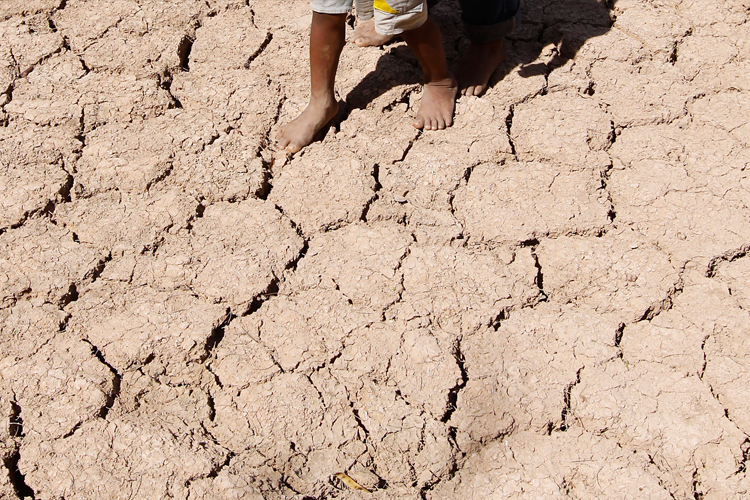Environmentalists are upset at Obama for putting more effort and political capital into health care and bank reform than climate change. Their frustration is understandable. As the hottest year on record marches forward, with extraordinarily high temperatures registered all over the world in recent weeks, the chances that the Senate will pass a meaningful energy bill have steadily dwindled. David Leonhardt excellent summary of the incredibly shrinking scope of energy legislation ambition in today’s New York Times makes for glum reading. Not much is going to happen before the midterm elections, and if Republicans make their expected gains in November, the political calculus gets even tougher. So the question is worth asking: Did Obama shortchange the planet by prioritizing health care and financial reform?
The first thing to consider when attempting to answer that question is whether a climate change bill that included a strong pricing mechanism penalizing greenhouse gas emissions ever had a chance in this Senate.There are reasons to be dubious, because it has been clear for a long time that the Democratic caucus is anything but united on the topic. So-called “brown-dog” Democrats representing states with significant coal-mining industries or manufacturing infrastructure that might be disproportionately penalized by rising energy costs have been vocal in their dismay at anything approaching a cap-and-trade or carbon tax provision. If the White House can’t maintain discipline on the issue in its own party, it’s very hard to see where enough Republican votes could be cobbled together to move a bill forward. Ben Nelson, D-Ne., is even on record as threatening to filibuster the beginning of debate on any bill that included cap-and-trade.
Those of us who are convinced that the earth is rapidly warming due to human activity can rail all we want at their shortsightedness, but there may be room for some perverse optimism here. Never mind what happens in the voting booth this November — if the vast majority of climate scientists are correct, the case for action on climate change will only get stronger over time.
That wasn’t necessarily true for health care or bank reform. There’s a long-run budget argument to be made in favor of health care reform, but while worries about the deficit make for good rhetorical attacks, they rarely seem to exercise much heft when it comes to guns-and-butter spending and taxing decisions. As for bank reform, the further we’ve gotten from the crisis the louder conservatives have screamed that regulation is the problem not the answer.
Meanwhile, the world is getting hotter. That’s going to be hard to ignore. Sure, it’s all too possible that we are capable of ignoring our changing climate until it will be too late to do anything meaningful about it. But that doesn’t change the underlying dynamic at work. If the climate science consensus is correct, temperatures will rise, the frequency and intensity of extreme weather events will increase, and associated ecological disruption will become more obvious. Obama’s responsibility, in this scenario, is to keep the pressure on. If the only thing that can get passed now is twiddling around the edges, so be it. The logic of climate change means that the argument for more action will be even stronger in the future.


